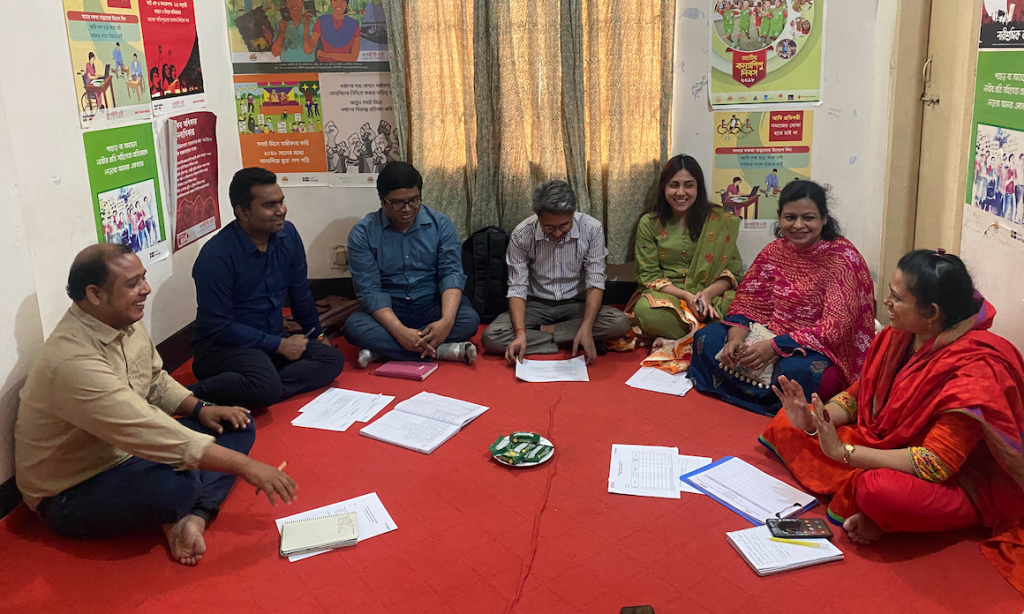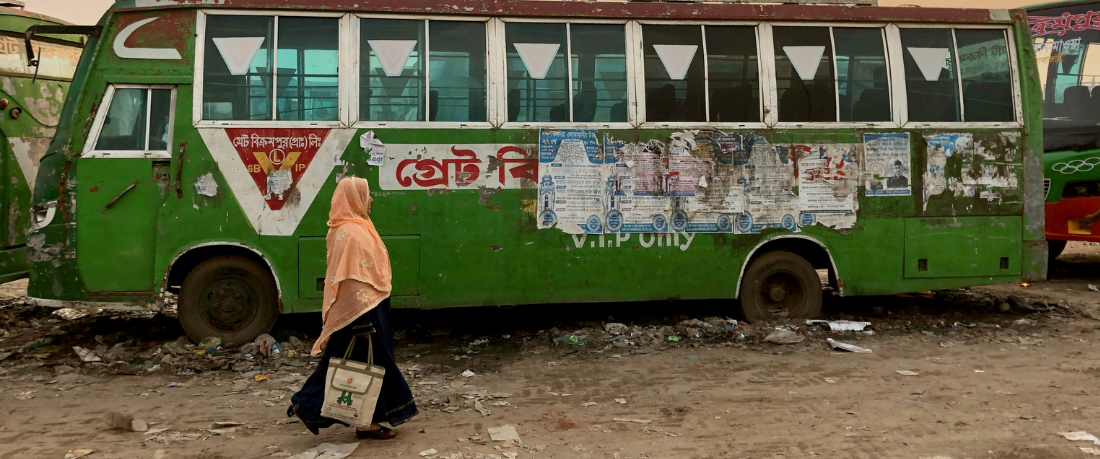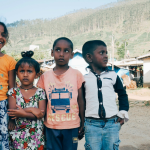Women workers form the backbone of Bangladesh’s economy, driving industries and contributing significantly to the nation’s development. However, they often face exploitation, discrimination, and violence, particularly in the Ready-Made Garment (RMG) and domestic work sector.
Despite making up 80% of the RMG workforce, women endure low wages, unsafe working conditions, and systemic discrimination. Tragedies like the 2013 Rana Plaza collapse illustrate the gendered impact of these conditions, where a disproportionate number of women were killed or sustained severe injuries.
Domestic workers face similarly grim circumstances. A study by the Bangladesh Institute of Labour Studies revealed that 67% of women domestic workers experience mental abuse, while 61% are verbally harassed. Legal frameworks like the Domestic Workers Protection and Welfare Policy 2015 remain poorly enforced, leaving these women unrecognised as formal employees and unprotected by the law. Most women in the RMG and domestic sectors also lack formal contracts or institutional support, relying on informal networks or simply enduring injustice. The absence of accessible legal aid adds to their vulnerability. The fact that these women lack basic awareness of their legal rights makes them all the more vulnerable.
Recognising this pressing need, iProbono and Karmojibi Nari (KN) created the Legal Aid Clinic (LAC) project. This initiative reflects a shared commitment to justice by providing accessible legal aid and support to women workers.
While iProbono brings its expertise in pro bono legal services to the collaboration, KN leverages its decades-long connections with grassroots women’s groups. The clinics take place in four women’s ‘cafes’ run by KN in Mirpur, a working class locality in Dhaka. These cafes offer a space for women to gather, relax, share experiences, and learn about their rights. Around 130 women from the area have attended the clinics so far, underscoring the community’s need for this initiative and its impact on people’s lives.


Inside the Clinics: Tailored Support for Women Workers
Our Legal Aid Clinic sessions offer a range of services to women workers
- Legal Consultations: One-on-one counselling with expert lawyers in labour rights, women’s rights, and family disputes.
- Follow-Up Support: Regular check-ins ensure progress and continued support with every case.
- Pro Bono Litigation Support: Free legal services for cases requiring legal action, removing financial barriers.
- Emergency Assistance: Direct referrals to iProbono’s Legal Officer ensure timely intervention.
- Legal Education: Educating women about their rights under the Bangladesh Labour Act, protections against gender-based violence, and Alternative Dispute Resolution (ADR) mechanisms.
This dual approach – of providing immediate relief while fostering awareness – empowers women in both the short and long term.
Real-Life Impact
Our clinics have supported women in diverse ways and have supported them in changing their lives.
For example, a garment worker from the Mirpur 13 area in Dhaka used the clinic’s help after her employer refused to honour her contract. With iProbono’s support, she successfully recovered her wages through ADR, a process previously inaccessible to her.
Similarly, a domestic worker from Mirpur 14, Dhaka, spent a decade waiting for her missing husband as she believed she had no right to seek a divorce. At the LAC, she learned about her rights and took the courageous step to end her marriage, regaining her independence.
Expanding the Initiative
After a successful pilot phase, the project has now expanded into a year-long initiative. From July 2024 to June 2025, 24 clinics will be held across four women’s cafes across Dhaka, impacting around 300 beneficiaries over the year.
To sustain this impact, iProbono and KN are focusing on
- Training of Trainers (ToT): Regular sessions for KN staff on legal procedures, enhancing their ability to support beneficiaries.
- Monitoring and Feedback: Monthly reviews and feedback mechanisms ensure the project remains responsive to the beneficiaries’ needs.
- Research-Driven Advocacy: A research project, “Empowering Vulnerable Working Women,” will generate data-driven insights to inform policy recommendations.
The iProbono-Karmojibi Nari Legal Aid Clinic is more than just a project—it’s a powerful collaboration to redefine justice for the most marginalized. By making legal rights accessible, the initiative not only protects women but strengthens entire communities.







